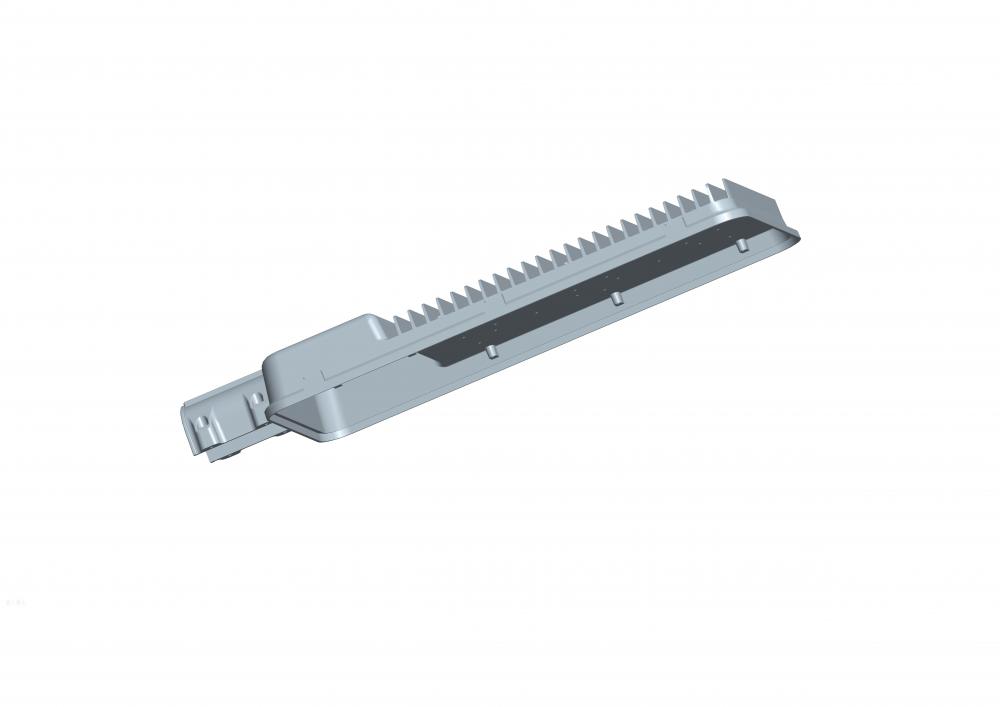China Aluminum Network reports that 7050 aluminum alloy is a high-strength aluminum material that can be heat-treated to enhance its mechanical properties. It is known for good castability, formability, and overall performance. However, traditional arc welding methods often lead to defects such as porosity, cracks, and undercutting, especially when dealing with ultra-high strength aluminum alloys like 7050. These issues make it challenging to apply this alloy in industrial settings. Friction stir welding (FSW), on the other hand, has emerged as an efficient, environmentally friendly, and cost-effective alternative. This method is particularly suitable for welding high-strength 7xxx series aluminum alloys. In this study, single-pass butt joint friction stir welding was conducted on 8mm thick 7050-T7451 aluminum plates to investigate the microstructure and mechanical properties of the welds.
The experimental materials used were 8mm thick 7075-T7451 aluminum alloy plates, and the stirring tool was made of H13 hot die steel. The chemical etching solution consisted of 15ml HCl, 1ml HF, 2.5ml HNO3, and 95ml H2O. Microstructural analysis was carried out using an Optelics TMS130 microscope. Tensile tests were performed on a CSS-44100 electronic universal testing machine, while hardness measurements were taken with an HX-1000 microhardness tester.
During the welding process, continuous dynamic recrystallization occurred in the weld nugget, resulting in fine equiaxed grains. The heat-affected zone exhibited an arc-shaped structure due to the combined effects of mechanical force and thermal cycling, with grain coarsening observed in this region. When the rotational speed was set at 375 rpm and the welding speed at 100 mm/min, the tensile strength of the joint reached up to 88.6% of the base metal. The hardness distribution showed a "W"-shaped pattern, with lower values typically found at the transition between the heat-affected zones on the retreating side.
This research highlights the potential of friction stir welding in overcoming the limitations of conventional arc welding techniques for high-strength aluminum alloys. By optimizing parameters such as rotational and welding speeds, it is possible to achieve strong, defect-free joints, making 7050 aluminum more viable for industrial applications.
LED street lights are a modern and energy-efficient lighting solution for public spaces such as roads, highways, and parks. They use light-emitting diodes (LEDs) to produce bright and uniform light while consuming less energy than traditional street lights.
LED street lights are available in a range of wattages and luminous fluxes, allowing for customization to meet the specific lighting needs of different spaces. They also have a long lifespan, reducing maintenance costs and minimizing the need for frequent replacements.
In addition to their energy efficiency and durability, LED street lights offer other benefits such as instant-on lighting, dimming capabilities, and the ability to integrate with smart city technologies for improved management and control.
Overall, LED street lights are a reliable and sustainable lighting solution that can help cities and communities reduce their energy consumption and carbon footprint while providing safe and efficient lighting for public spaces.

LED street light housing,Streetlight Empty Housing,Outdoor Light Housing,Street Light Fixtures,Street Light Die Casting Housing
Yangzhou M.T. New Energy & Lighting Group Co., Ltd. , https://www.mtstreetlight.com